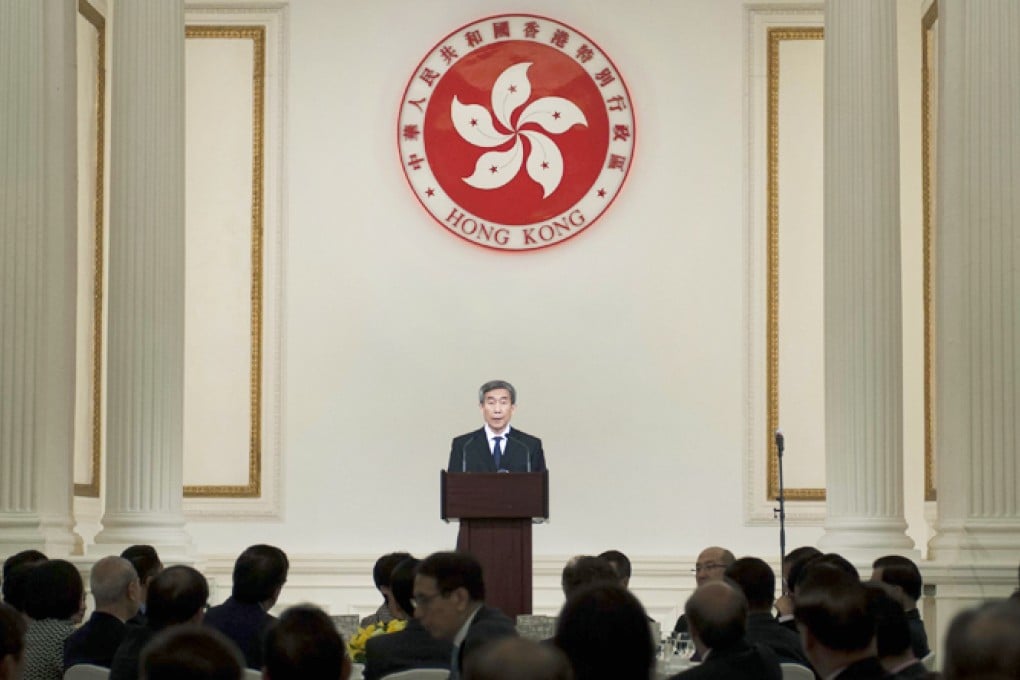Government's commitment to Basic Law text cannot be selective
Michael Davis says officials should take account of its full meaning

The government has argued that civic and party nominations of chief executive election candidates being promoted by the democratic camp are contrary to the Basic Law. Both the chief secretary and the secretary for justice have based this view on what they argue is the plain meaning of the Basic Law text.
This commitment to the meaning of the text is admirable but we may ask whether the government is prepared to take account of the full text.
Article 45 says: "The method of selecting the chief executive shall be specified in the light of the actual situation in the Hong Kong special administrative region and in accordance with the principle of gradual and orderly progress. The ultimate aim is the selection of the chief executive by universal suffrage upon nomination by a broadly representative nominating committee in accordance with democratic procedures."
There is a clear distrust of the government's intentions, in light of statements by Beijing and local officials suggesting either direct vetting of candidates or some sort of nominating process that effectively achieves the same thing.
Can the competing views of Article 45's requirements be reconciled? What would satisfy the textual requirement of a "broadly representative nominating committee"?
The 2007 National People's Congress Standing Committee decision suggested that the nominating committee may be formed "with reference to the current provisions regarding the Election Committee". Hong Kong and Beijing officials frequently endorse this statement. Yet commentators generally agree that the Election Committee is not broadly representative. In fact, it represents only a small minority of the public.